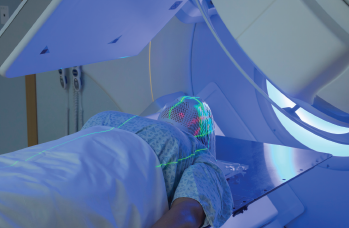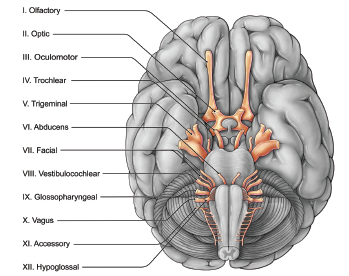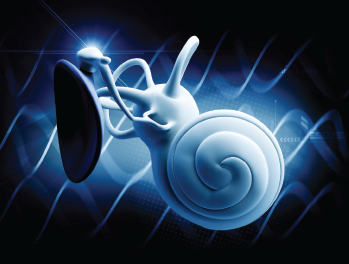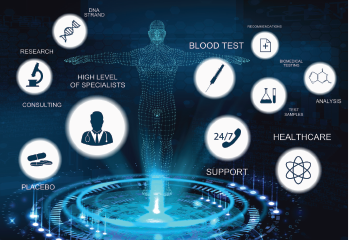Radiation therapy has a host of drawbacks, including long-term side effects and even treatment-related morbidity in some cases.


Radiation therapy has a host of drawbacks, including long-term side effects and even treatment-related morbidity in some cases.

Vagus nerve stimulation paired with tones may improve auditory processing.

Autoinflammatory diseases are a new class of immune-mediated diseases of the innate immune system.

A physician’s ethical obligation beyond access to care. If your patients are culturally different from you, it’s important to learn and understand their needs.

A digital signal can be generated using chemical macromolecular cooperativity at the nanoscale to build a transistor-like probe.

Dr. Meanna encouraged surgical oncologists not to change their management without level-1 evidence from clinical trials.

In his talk at the American Academy of Otolaryngology-Head and Neck Surgery Annual Meeting, Dr. Shah addressed how physicians need to rely on systems to mitigate risk.

Samuel H. Selesnick, MD, newly appointed Editor-in-Chief of The Laryngoscope, highlights the importance of the journal to readers and authors alike.

A new study has linked chronic conductive hearing loss with speech recognition deficits.

Performing artists, with singers as a subset, can present specific challenges as patients.
